If you’ve been homesteading for any length of time, you already know that having a strong community makes the journey easier, more enjoyable, and far more sustainable. Previously, I wrote about the 8 Benefits of Building a Strong Homesteading Community and why it’s so important. But today, I want to take it a step further and look at how we can grow and nurture those relationships.
I’ll be the first to admit, that being a part of and relying on my community is not one of my best homesteading skills. Anyone who knows me will tell you about my introverted personality and stubborn DIY attitude. But as I’ve grown as a homesteader, I’ve developed those skills, creating close friendships and stronger ties to my community. As I’ve learned, a thriving homestead community doesn’t happen by accident – you need to cultivate it with intention, just like growing a garden or caring for livestock.
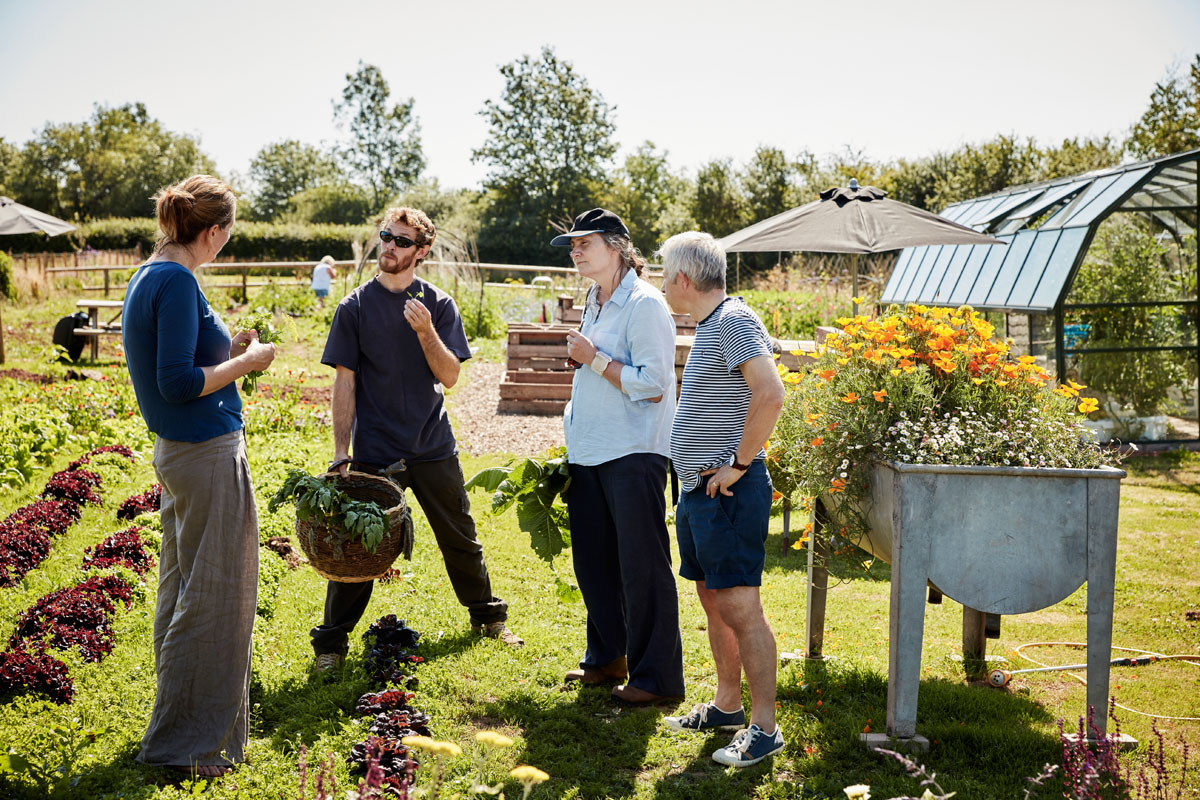
Whether you’re just starting to connect with other homesteaders, or like me, looking for ways to deepen your relationships, these eight practical ideas will help you cultivate a strong, supportive network.
Here are My 8 Tips to Cultivate a Homesteading Community
- Share What You’ve Learned
- Offer a Helping Hand
- Start a Swap or Trade
- Attend Local Events and Classes
- Create a Support Network
- Participate in Online Groups
- Celebrate Together
- Be Consistent
- Summary
- FAQs
Share What You’ve Learned
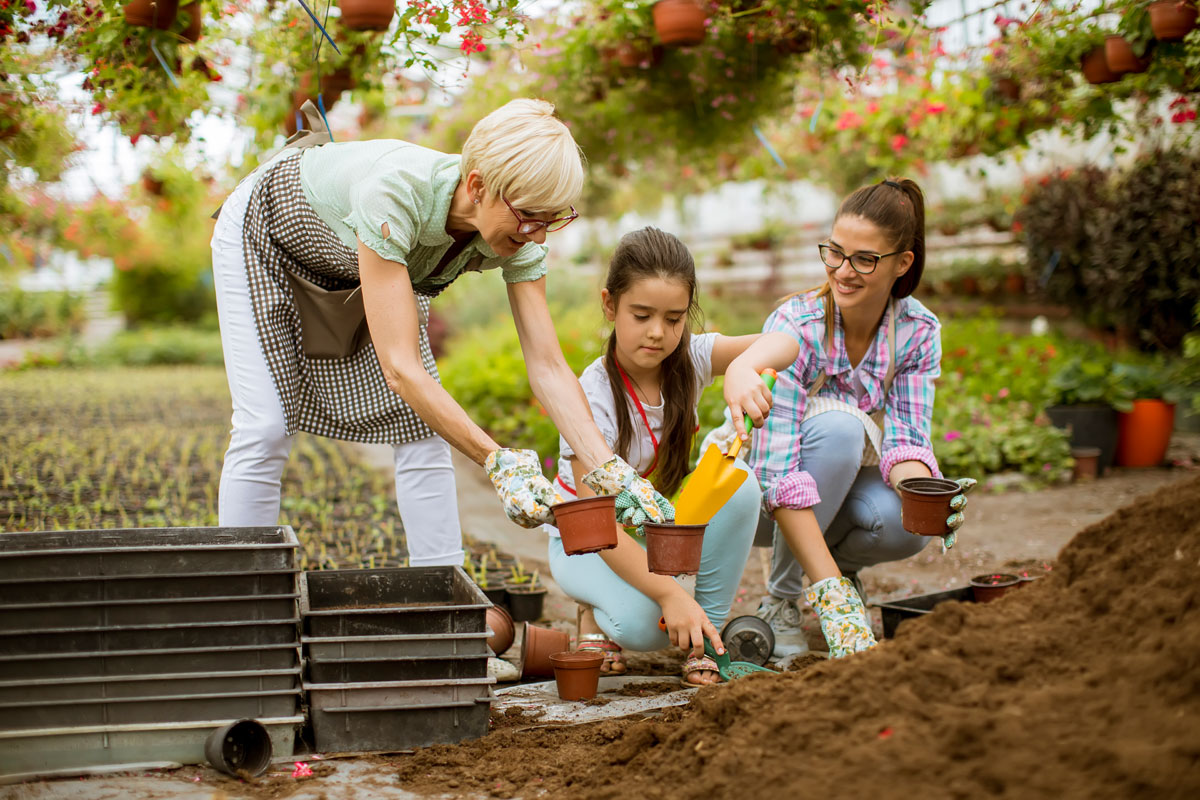
One of the best ways to cultivate a homesteading community is by sharing your knowledge. Whether you’re a beginner or have years of experience, there’s always something valuable you can offer. Homesteading is a continuous learning process, and what seems simple to you—like starting a sourdough starter, building a compost pile, or growing herbs—might be brand new to someone else.
For example, I’ve learned how to start sweet potato slips and grow sweet potatoes in Florida’s sandy soil. I’ve shared the technique with others and even gave them some of my sweet potato slips to get them started.
By sharing your tips with a neighbor or in an online forum, you’re helping others learn and avoid common mistakes while strengthening connections. Teaching builds trust, sparks new conversations, and often leads to others sharing their experiences.
Try this:
- Share a recent success (or failure!) in a local homesteading group.
- Offer to teach a small workshop or demonstration for friends or neighbors.
- Start a social media post or blog entry about something you’ve learned recently.
By giving freely and being open to learning in return, you’ll naturally foster a supportive and engaged homesteading community.
Offer a Helping Hand
Homesteading can be overwhelming, especially when big projects or unexpected challenges arise. Lending a helping hand, whether it’s assisting with fence building, processing chickens, or troubleshooting a garden pest issue, will strengthen bonds and build goodwill.
Imagine your neighbor struggling with an overabundance of tomatoes and not enough hands or time to process them. By offering to help in exchange for a share of the harvest (or just to be kind), you not only lighten their load but also strengthen your community ties. These small acts of service often lead to better friendships and a willingness to return the favor.
Try This:
- Offer to help a homesteading friend with a task they’ve been putting off.
- Start a “work exchange” with neighbors—trade labor for labor.
- Be the first to step up when someone in your community needs assistance.
When you show up for others, trust grows – and so do your relationships.
Start a Swap or Trade
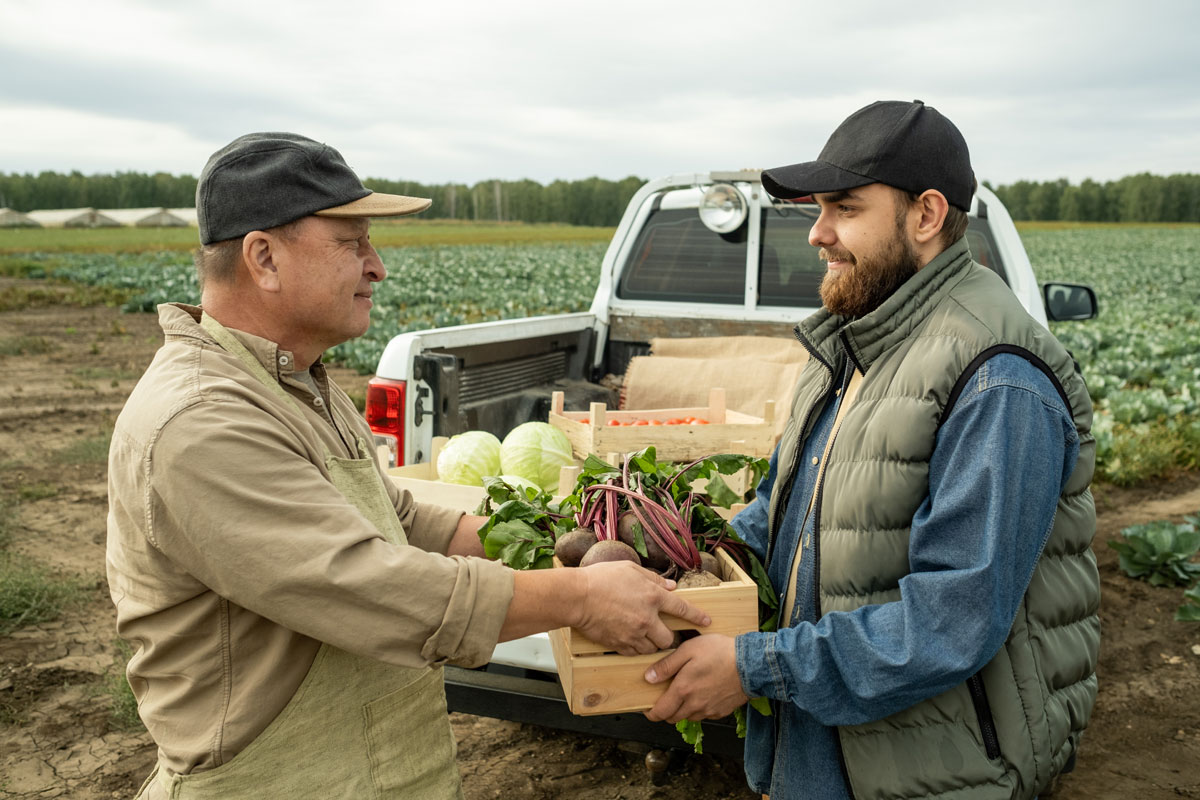
Bartering and trading are time-honored homestead traditions. Whether swapping seeds, trading eggs for garden produce, or exchanging skills like carpentry for canning lessons, trading creates valuable connections. It also strengthens local resilience by keeping resources circulating within the community.
Consider starting a local seed swap or organizing a homestead trade day. Even small trades like offering excess herbs to a friend in exchange for fresh eggs can be the foundation of a lasting relationship.
Try This:
- Host a monthly or seasonal swap event in your local area.
- Set up a trade board in a local co-op, farm store, or online group.
- Work with your local library to set up a seed library.
Bartering isn’t just about exchanging goods, it’s also a way to build connections, share knowledge, and support each other.
Attend Local Events and Classes
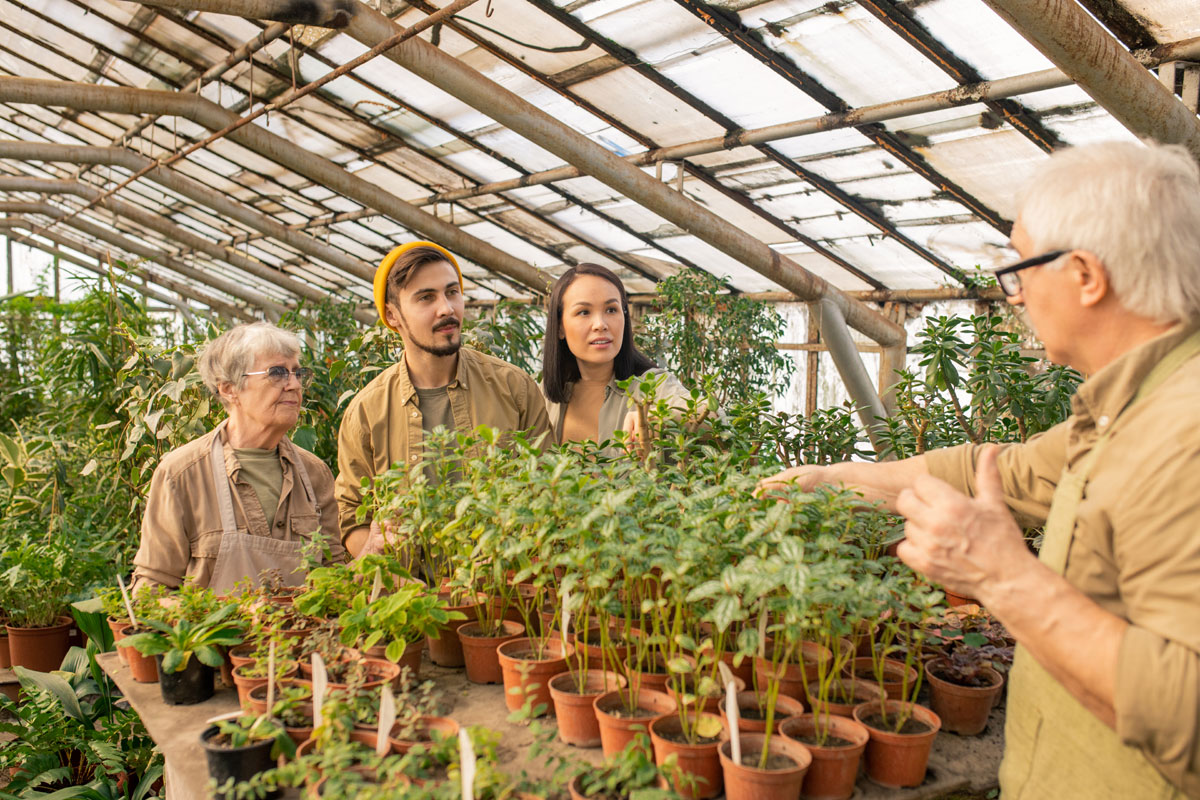
In-person connections are invaluable for building relationships. Whether it’s a garden class at the local extension, a bee-keeping seminar by your local apiary, or a local farm tour, attending events helps you meet others who share your interests. Learning together creates natural opportunities for conversation and connection.
Some of my favorite places to meet other homesteaders have been at local events. I’ve connected with like-minded folks at an open house at the local plant nursery, chatted with farmers and food producers at the annual ‘Meet Florida Meats‘ event here in Central Florida, and shared tips with fellow gardeners at spring plant sales and festivals. Fall Pioneer Days and other autumn festivals have also been great for meeting people who appreciate traditional skills and a self-sufficient lifestyle. Whether it’s a small gathering or a big annual event, these are the kinds of places where you can find and connect with your homesteading community.”
Try This:
- Attend at least one homesteading-related event this season.
- Bring a friend along to make it even more enjoyable.
- Introduce yourself to at least three new people at each event.
You never know who you’ll meet or what you’ll learn, but one thing’s for sure—getting involved opens the door to new connections and opportunities.
Create a Support Network
Homesteading has its challenges, and having a few trusted people to turn to—whether for advice, encouragement, or just a listening ear—can make all the difference. Your support network doesn’t have to be big; what matters is having folks who are there when you need them.”
Often, these connections form naturally as you build friendships within your homesteading community. But sometimes, it helps to be intentional. Consider starting a small group that meets regularly—somewhere local where you can share experiences, struggles, and successes. It could be a casual coffee shop meetup, a potluck at a community space, or even rotating gatherings at each other’s homes. No matter where you meet, these in-person connections can go a long way in keeping your homesteading journey strong and encouraging.
Try This:
• Start a small homesteading meetup, even if it’s just two or three people.
• Create a group chat or email thread to stay connected between meetups.
• Be intentional about reaching out and checking in with your homesteading friends.
A strong support system can make all the difference—especially during the tough seasons.
Participate in Online Groups
If local connections are scarce, online communities may fill the gap. Facebook groups, forums, and homesteading networks provide valuable opportunities to ask questions, share experiences, and connect with people who understand your lifestyle.
Engaging regularly -whether by answering questions, sharing photos of your progress, or simply offering encouragement – helps build meaningful relationships even in digital spaces. It’s easy to get caught up in endless scrolling and discussions, but real progress happens when you step away from the screen and put knowledge into practice.
I enjoy checking in on a few Facebook groups and occasionally joining discussions on Reddit, but I’m mindful of how much time I spend there. My priority is my homestead and real-life connections, so I make sure online spaces support my journey rather than distract from it.
Try This:
- Join and actively participate in at least one homesteading-related online group.
- Share your experiences and ask questions to spark discussion.
- Be encouraging—positive interactions help build strong virtual communities.
Just like in-person friendships, online relationships grow when you actively participate and connect.
Celebrate Together
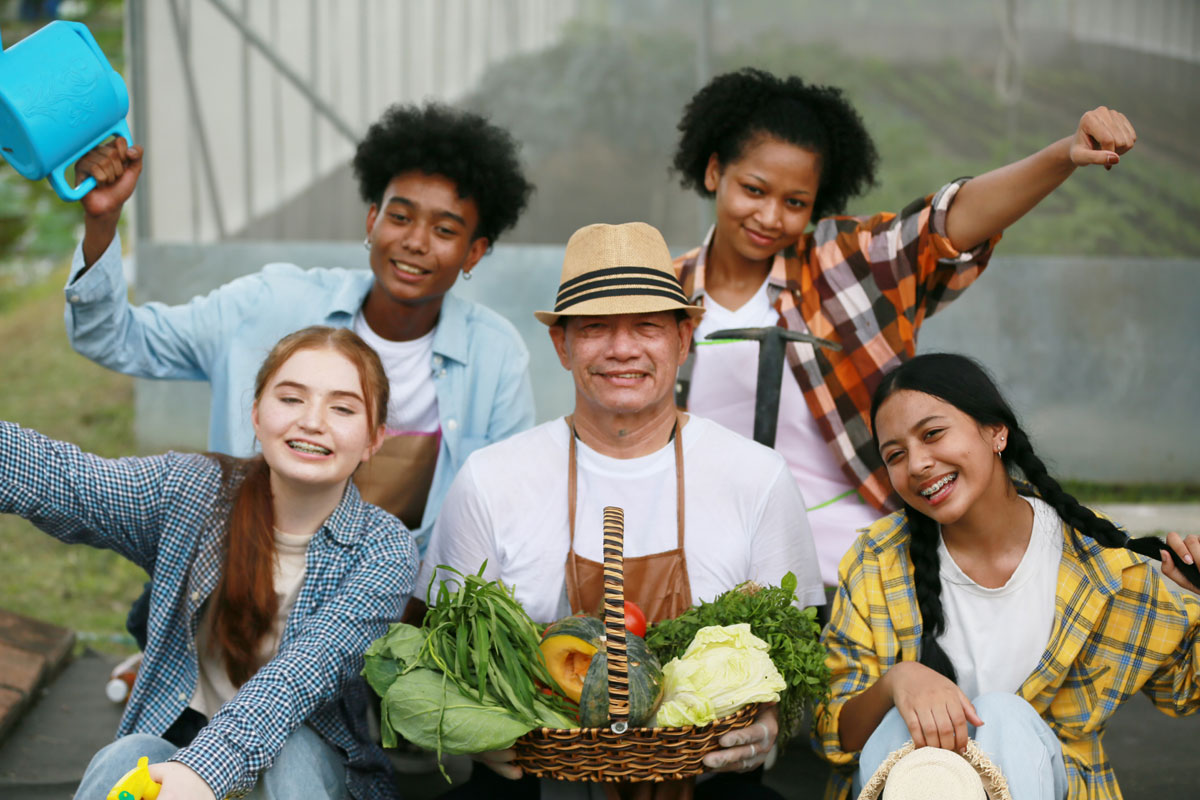
Community isn’t just about sharing knowledge and lending a hand—it’s also about celebrating together. Marking milestones, big or small, strengthens relationships and adds a sense of joy to the homesteading journey. Whether it’s a harvest festival, a potluck with friends, or simply raising a glass to a successful growing season, these shared moments create lasting bonds.
Think about starting annual traditions or seasonal gatherings that bring people together. A simple “first tomatoes of the season” party or a post-garden cleanup barbecue can become cherished events that remind us why we chose this lifestyle and who we share it with.
Try This:
- Host a small get-together to celebrate a homesteading milestone.
- Attend local harvest festivals or seasonal gatherings.
- Make a tradition out of celebrating successes – big or small.
Appreciating the journey together makes your homesteading connections even more meaningful.
Be Consistent
A strong homesteading community isn’t built on bold, grand gestures, it’s built on the little things, day in and day out – just like tending a garden. I’ve found that simply checking in, lending a hand, or showing up to local events adds up over time. Those small moments turn acquaintances into trusted friends.
Even a quick message to see how someone’s doing, helping out with a project, or showing up to a gathering can make all the difference. The more you engage, the stronger your connections grow.
Try This:
- Make it a habit to check in with a homesteading friend each week.
- Attend or host regular gatherings, no matter how small.
- Follow through when you offer help or make plans.
A thriving homesteading community doesn’t happen overnight, but steady effort turns familiar faces into the kind of friends you can count on.
In Conclusion
Building a homesteading community takes time, but it’s an important part of the journey. When you share what you’ve learned, lend a hand, and stay connected—both locally and online—you create relationships that make homesteading easier, more fun, and more fulfilling.
The best communities are built on give and take. When you show up for others, you’ll find that support, advice, and friendship come back to you in ways you never expected.
Start small, stay consistent, and let your connections grow naturally. Before you know it, you’ll have a network of like-minded people who make the homesteading life even better.
So why not take the first step today? Offer help, share a tip, or reach out to another homesteader. You never know where one small connection might lead.
FAQs
Start small by attending local events or joining online groups dedicated to homesteading. Even if your community is small, you can still form meaningful connections by being proactive and consistent in your engagement. Over time, local friendships will grow.
Everyone has something to share, whether it’s a lesson learned the hard way, an extra egg from your chickens, or a story about your homesteading journey. Remember, community is about both giving and receiving. Your experiences—no matter how small they seem—are valuable.
It doesn’t have to be a huge time commitment. Set aside a small amount of time each week to reach out to others, whether through a quick message, attending an event, or simply offering help. The key is regular, meaningful interactions.
Leave a Reply